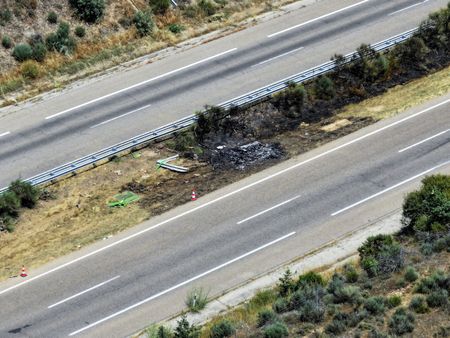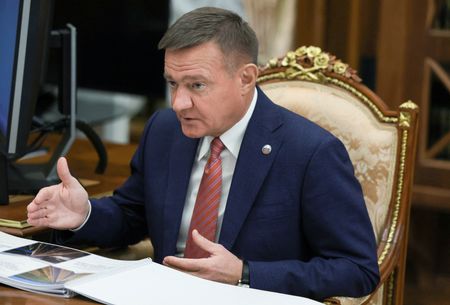MOSCOW (Reuters) -Russia’s Federal Security Service, the main successor to the Soviet-era KGB, will soon have the power to create a network of pre-trial detention centres under its own jurisdiction, according to a bill passed by the lower house of parliament.
After the 1991 fall of the Soviet Union and in the years after Russia joined the Council of Europe in 1996, the FSB lost its formal hold over a network of pre-trial detention centres, though it retained significant informal control.
Lawmakers say that the FSB needs such detention facilities due to a spike in the intelligence and subversive activities of foreign powers since the start of the war in Ukraine – known as the “special military operation” inside Russia.
Vasily Piskaryov, the chairman of the lower house of parliament’s Security and Anti-Corruption Committee, said the law had been passed in its final reading by the chamber, the State Duma.
“The law provides for the detention of those accused of crimes against state security in separate detention facilities under the jurisdiction of the FSB of Russia,” Piskaryov said on Telegram.
An explanatory note accompanying the bill said that military personnel from state security would run the detention centres.
Piskaryov said that treason, espionage and terrorism cases had soared three-fold over the past decade, while the number of defendants had soared by four-fold.
The FSB, headquartered on Lubyanka Square in central Moscow, is one of the world’s most powerful intelligence agencies with significant counter-espionage, counter-terrorism, cyber, human intelligence and special forces capabilities.
Its director, Alexander Bortnikov, reports directly to President Vladimir Putin, who himself served as a KGB officer in east Germany in the 1980s and ran the FSB before he was appointed prime minister in 1999.
Opponents of Putin say that he has built an increasingly repressive political system that relies heavily on the FSB. Supporters of Putin say that Russia is under hybrid-attack from major Western powers and needs the FSB to ensure security and to preserve the sovereignty of Russia.
To become law, the bill must be approved by the upper house of parliament and then signed into law by Putin, steps which usually follow swiftly once the lower house of parliament approves legislation. The bill is due to become law on January 1, 2026.
(Reporting by Guy FaulconbridgeEditing by Andrew Osborn)










